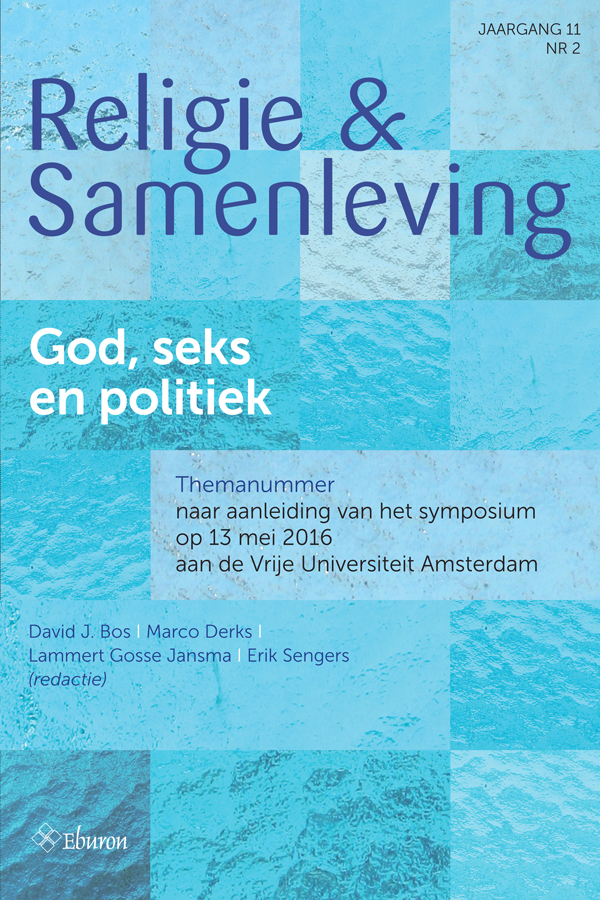Hoe homo’s en moslims iets met elkaar kregen
Een lange-termijnanalyse van het discours over homoseksualiteit en islam in Nederlandse dagbladen, radio- en televisieprogramma’s
DOI:
https://doi.org/10.54195/RS.12213Samenvatting
Based on qualitative and quantitative analyses of Dutch newspapers, radio and television programs, this article offers a long-term genealogy of the present-day discourse on Islam and homosexuality in the Netherlands. It argues that this discourse dates from well before 2001 and even before 1989, without being a mere continuation of 19th century Orientalism. A major turning point were the 1970s, when ‘foreign workers’ and ‘homophiles’ were regarded as companions in societal misfortune. From the mid-1980s onwards, however, ‘Muslims and gays’ appeared to be odd bed-fellows. Notwithstanding the political functions and effects of the present-day discourse, ascribing its emergence solely to (nationalist, populist or neoliberal) politicians and ‘the media’ ignores the agency of others, such as Muslim institutions and organizations – including the ‘minority-within-the-minority’ self-organizations that sprung up in the 1990s.




